Job Summary
-
Company
Nanjing Institute of Astronomical Optics & Technology, CAS
-
Location
Nanjing Jiangsu, China
-
Job Type
Full Time
-
Salary Range
Negotiable
-
Number to Recruit
10
-
Job Reference Code
J2500261
More Jobs
-
Negotiable
Nanjing Jiangsu, China
High level talents
The Nanjing Institute of Astronomical Optics & Technology (NIAOT) of the Chinese Academy of Sciences (CAS) was established in April 2001. It evolved from the Research and Devel-opment (R&D) units and Mirror Laboratory of the Nanjing Astronomical Instruments Research Center, which was founded in 1958. As a national research organization for astronomical technologies in China, NIAOT specializes in R&D of new astronomical technologies, professional astronomical telescopes and in-struments.
For the past 50 years, NIAOT has developed approximately 60 different astronomical telescopes and instruments, including the National Major Scientific ProjectLarge Sky Area Multi-Object Fiber Spectroscopic Telescope (LAMOST) and the 2.16-meter optical telescope. So far the institute has been awarded with about 73 prizes at different levels, the Government top level, the CAS level and the Jiangsu Provincial level. Around 30 astronomical telescopes and instruments made in the institute have been exported to foreign countries and regions, earning a favorable approval in the international astronomy community.
Nowadays NIAOT can develop and produce many world-class observing instruments and facilities used for different purposes. Our quality products are assured by strict management systems and fully implemented ISO 9001.
Currently there are eight research departments in NIAOT: New Technology of Telescope Research Department, Astronomical Spectra and High-resolution Image Research Department, Mirror Lab, Solar Instrument Research Department, Optical Technology with Large Aperture Research Department, Astronomical Telescope Engineering Center, Antarctic Astronomical Technology Center and Key Laboratory of Astronomical Optics & Technology of Chinese Academy of Sciences.
The number of staff of NIAOT now is about 200, including a group of national top-ranking experts in the fields of astronomical optics, astronomical instruments and other related fields and a skillful and efficient supporting team.
The institute is also one of the designated educational bases in China, offering doctor and master degree programs in the fields of astronomical instrumentation technologies. It is also in collaboration with a number of internationally renowned astronomical observatories and astrophysics institutes in cultivating young scientific and technical talents. By now the institute has three academicians and about 20 professors; the number of postgraduates at study is approximately 60.
Now, NIAOT is the main constructor of the two big telescopes in China: One is the Lager Optical/Infrared Telescope (LOT) and the other Kunlun Dark Universe Survey Telescope (KDUST).
In the coming decade, NIAOT will focus on research involving Antarctic astronomical facilities, key technologies for the ground-based optical/infrared Extremely Large Tele-scope, the detection of exoplanets, as well as national space missions.
It will also develop new technologies for astronom-ical high-resolution imaging and astronomical telescopes used in extreme environ-ments as well as advanced manufacturing technology for large aspherical mirrors.
By promoting in-novation in astronomical high technology in China and actively carrying out international cooperation, NIAOT aims to become a first-class institute in China and play an important role in the international astronomical commu-nity.
(1) Cutting edge technology of large astronomical optical infrared telescopes
(2) Advanced astronomical scientific instrument technology
(3) Space and Antarctic Astronomy Technology
(4) High resolution detection technology for celestial bodies
(5) High resolution and high integration astronomical technology
Qualifications:
(1) Leading talents
The applicant should have extensive international academic influence or mastery of key core technologies in the field of this discipline, be able to solve key technical problems, reach the level of excellent academic and technical leaders in senior positions of the research institute, possess scientific and technological leadership skills and team organization abilities. Should have experience as a professor or equivalent position in well-known research institutions, universities, or large enterprise research and development institutions; For those who are particularly outstanding or urgently needed to work overseas, the qualification can be relaxed to associate professor or equivalent. In principle, the age should not exceed 50 years old, and exceptionally outstanding individuals are not subject to age restrictions.
(2) Excellent Young Talents
Applicants should generally have a doctoral degree, excellent potential for technological innovation, independent work and good teamwork skills. Should have at least 3 years of research experience in well-known research institutions, universities, or large enterprise research and development institutions after obtaining a doctoral degree, or have worked as an associate professor or equivalent position; For those who are urgently needed for national major tasks in key core technology fields, have obtained doctoral degrees overseas, and are particularly outstanding, their work experience may be appropriately relaxed. In principle, the age should not exceed 40 years old.



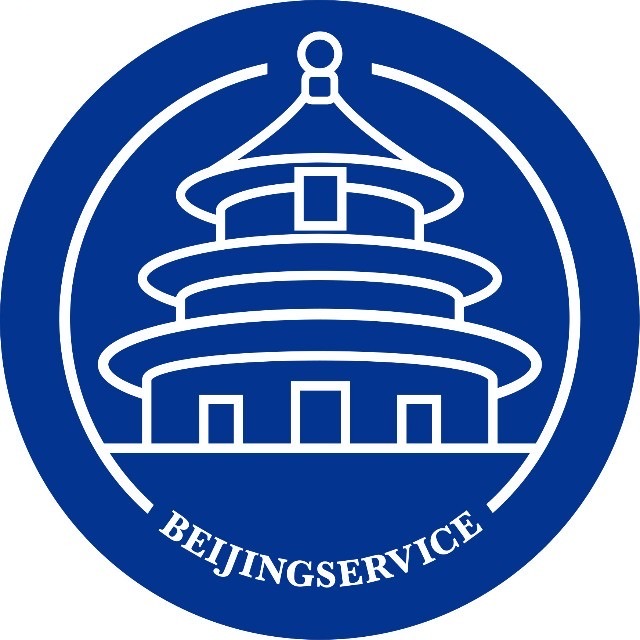
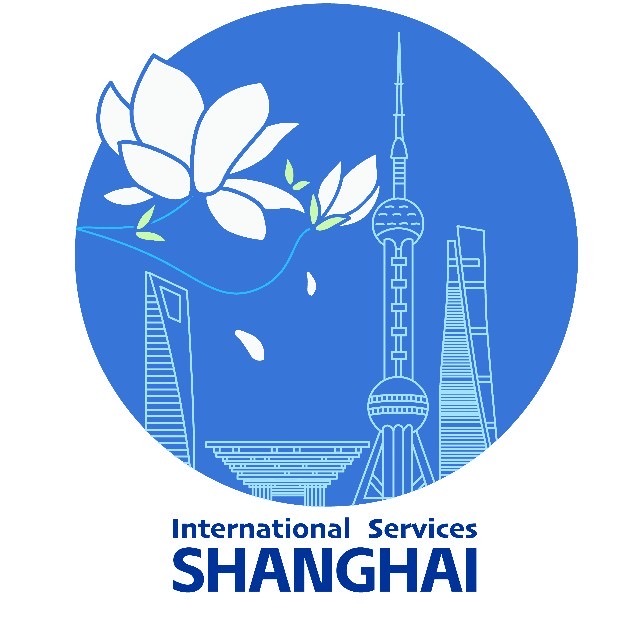



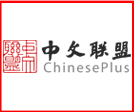
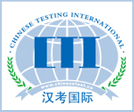
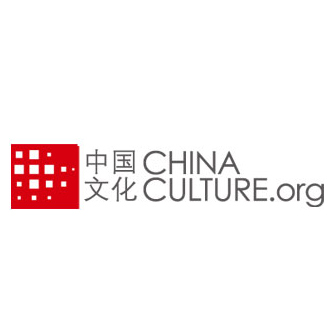
 京公网安备
京公网安备